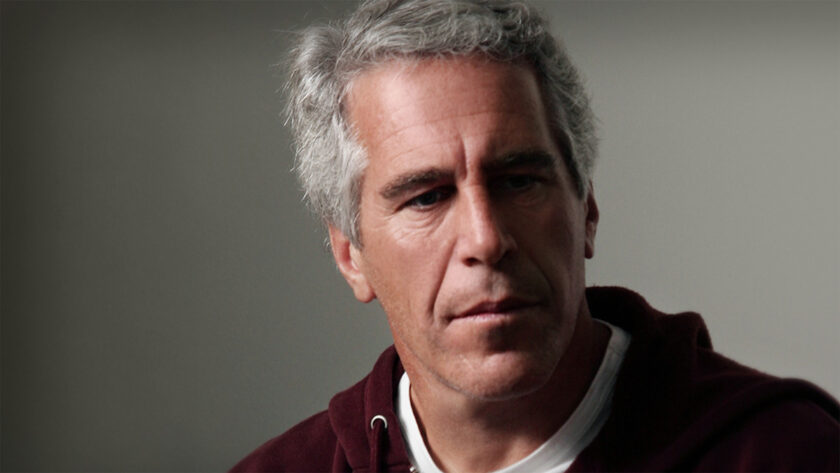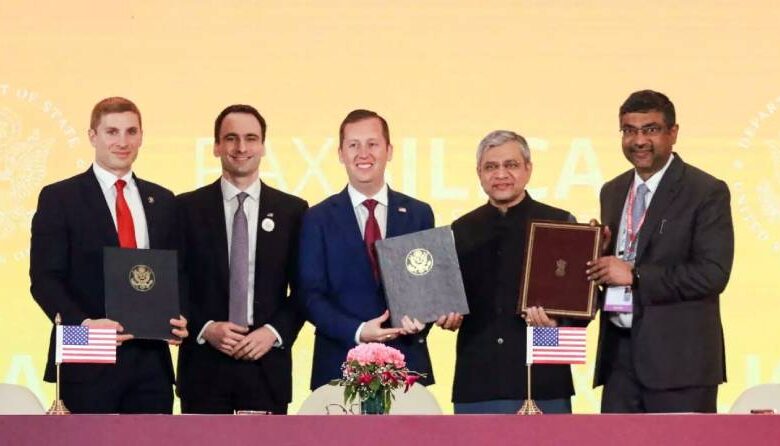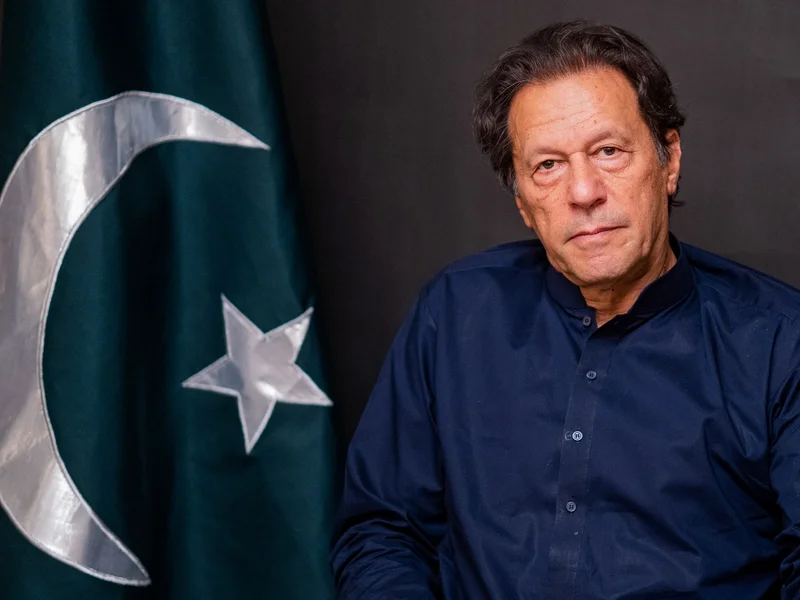New Delhi/Islamabad: Following intense diplomatic efforts led by the United States, India and Pakistan announced a ceasefire on Saturday, halting days of deadly cross-border hostilities. The sudden breakthrough came as fears mounted over a potential escalation between the two nuclear-armed neighbors.
Despite the truce announcement, sporadic violations were reported later that evening in Indian-administered Kashmir. Residents in Srinagar and Jammu heard explosions and saw flashes in the sky, reminiscent of the previous night’s violence. Local officials and eyewitnesses confirmed the renewed activity, but military spokespeople from both nations offered no immediate comments.
This latest confrontation marked the most serious escalation in nearly 30 years between the long-time rivals, sparking global concern. With over 60 civilians reportedly killed in recent days, the risk of full-scale war loomed large. Tensions were heightened further when Pakistan’s military briefly indicated its nuclear command authority would convene, though the country’s defense ministry later denied any such meeting.
“Effective immediately, Pakistan and India have agreed to end hostilities,” Pakistani Foreign Minister Ishaq Dar announced on social media, emphasizing his country’s commitment to peace without compromising its sovereignty.
India’s top foreign policy official confirmed that military leaders from both countries had spoken directly and agreed to halt fighting starting at 5 p.m. local time. However, the Indian side avoided using the term “ceasefire.”
U.S. President Donald Trump acknowledged Washington’s behind-the-scenes involvement, stating that American mediation played a key role in bringing about the ceasefire. “After an intense night of diplomacy, both nations have agreed to a FULL AND IMMEDIATE CEASEFIRE,” he posted.
International Diplomacy and Military Hotlines Activated
Dar later revealed in a televised interview that military communication channels had been restored and that nearly three dozen countries had quietly supported diplomatic efforts to end the crisis. India’s Foreign Secretary Vikram Misri confirmed that a follow-up conversation between the countries’ military leadership was scheduled for May 12.
The recent conflict was sparked when Indian forces launched strikes on what they described as terrorist infrastructure in Pakistan-controlled Kashmir. The move followed an attack two weeks earlier that killed 26 Hindu pilgrims in Indian Kashmir. Islamabad denied involvement and retaliated with cross-border shelling and missile fire.
Amid the ceasefire, Indian defense systems in Jammu were observed intercepting airborne objects, raising concerns about the fragility of the truce.
Tensions Remain Beneath the Surface

Despite the ceasefire, senior Indian officials indicated that punitive measures, including suspended trade ties and cancelled visas, would remain in place. Additionally, India has not reversed its decision to freeze the Indus Waters Treaty — a key bilateral agreement dating back to 1960.
U.S. Secretary of State Marco Rubio said both sides were engaged continuously with American diplomats and top national security officials over the past two days. Rubio praised both Prime Minister Narendra Modi and Pakistani leader Shehbaz Sharif for agreeing to further discussions at a neutral venue, aimed at resolving broader regional issues.
India’s External Affairs Minister, S. Jaishankar, reiterated that India would maintain its uncompromising stance against terrorism and cross-border militancy.
The announcement brought relief across both countries, with Pakistan reopening its airspace and media showing tanks withdrawing from forward positions. Omar Abdullah, a senior political leader in Indian Kashmir, cautiously welcomed the ceasefire but lamented that earlier action might have saved lives.
Hope for Long-Term Stability
Business leaders and foreign policy analysts have expressed cautious optimism. Ehsan Malik, who heads the Pakistan Business Council, said the truce presents a chance for both countries to refocus on development and poverty alleviation. “Both nations must prioritize economic and human development over conflict,” he said.
Shuja Nawaz of the Atlantic Council noted that while the Indus treaty is still suspended, it would likely return to the table in future negotiations once political leaders have had time to present the ceasefire as a domestic achievement.
India and Pakistan have remained at odds since their partition in 1947, with Kashmir being the flashpoint for three wars and numerous skirmishes. While New Delhi accuses Islamabad of backing militant groups behind a decades-old insurgency in Indian-administered Kashmir, Pakistan maintains that it provides only diplomatic and moral support for the region’s right to self-determination.
As both sides step back from the brink, international observers hope that this fragile calm could evolve into meaningful dialogue and long-term peace.









